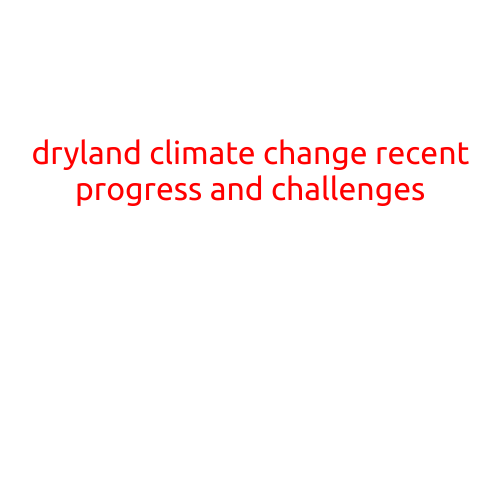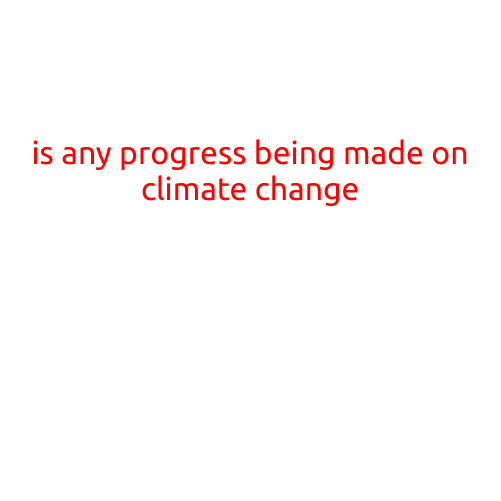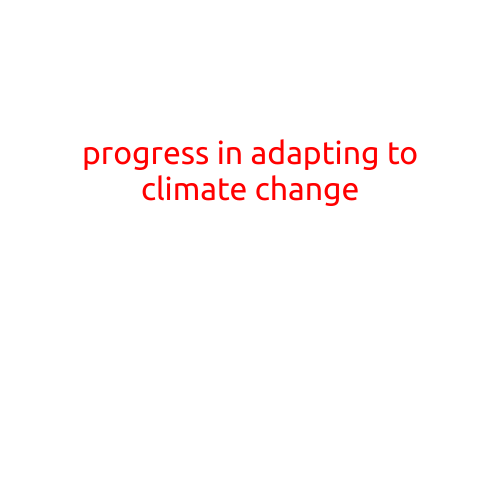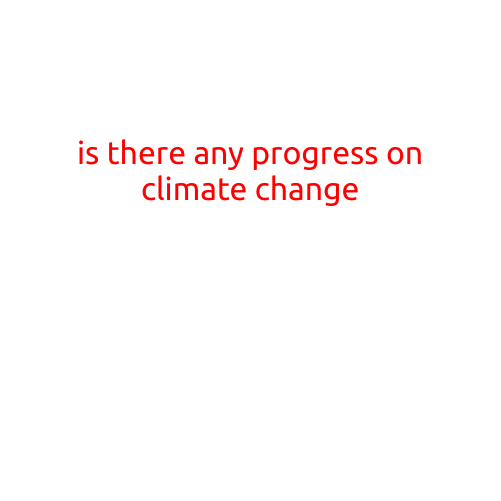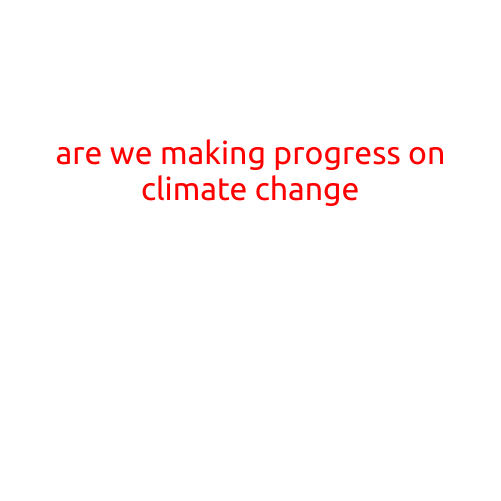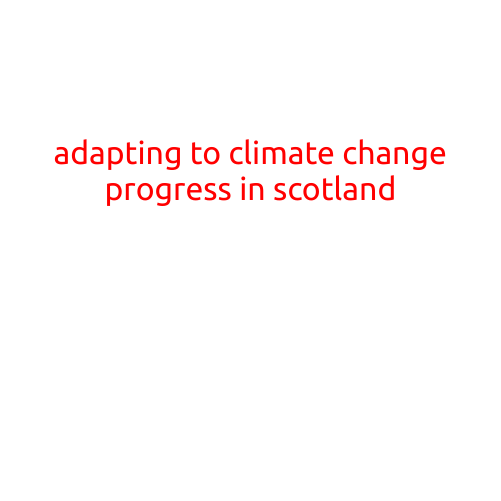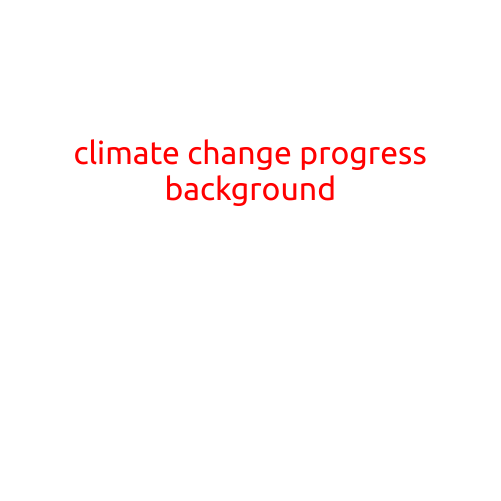
Climate Change Progress: Understanding the Background
Climate change has been a pressing global issue for decades, and yet, it is still a topic of controversy and debate. As the effects of climate change become more apparent and widespread, it is essential to understand the progress that has been made and the work that still needs to be done. In this article, we will delve into the background of climate change, explore the progress that has been made, and examine the continued threats and challenges that humanity faces.
What is Climate Change?
Climate change refers to the long-term warming of the planet, which is primarily attributed to human activities that release greenhouse gases, such as carbon dioxide and methane, into the atmosphere. These gases trap heat from the sun, leading to a rise in global temperatures. Climate change has far-reaching consequences, affecting not only the environment but also economies, societies, and human health.
History of Climate Change Concerns
The concept of climate change as a result of human activities dates back to the 19th century. However, it was not until the 1980s that the scientific community began to widely recognize the issue as a pressing concern. In 1988, NASA scientist James Hansen testified before the U.S. Senate, stating that global warming was not only real but also caused by human activities.
Major Milestones in Climate Change Progress
Since the 1980s, there have been several significant milestones in the fight against climate change:
- Rise of Global Climate Governance: The 1992 United Nations Framework Convention on Climate Change (UNFCCC) marked the beginning of global climate governance. The convention aimed to stabilize greenhouse gas concentrations at a level that would prevent dangerous human interference with the climate system.
- Kyoto Protocol: In 1997, the Kyoto Protocol was adopted, setting binding targets for reducing greenhouse gas emissions for developed countries. Although the protocol faced criticism and was not fully implemented, it laid the groundwork for future climate agreements.
- Paris Agreement: The 2015 Paris Agreement marked a significant breakthrough in global climate cooperation. The agreement set a goal to limit global warming to well below 2°C above pre-industrial levels and pursue efforts to limit it to 1.5°C.
- Renewable Energy Growth: The cost of renewable energy has decreased dramatically over the past decade, making it more competitive with fossil fuels. In 2020, renewable energy accounted for 26% of global electricity generation.
- Economic Benefits of Climate Action: The economic benefits of climate action are becoming increasingly apparent. A study by the International Monetary Fund found that every dollar spent on climate action returns an average of four dollars in economic benefits.
Challenges and Threats Remaining
Despite the progress made, there are still significant challenges and threats related to climate change:
- Emissions Gap: Despite the Paris Agreement, global emissions are still rising, and the gap between current emissions and those necessary to meet the 2°C target is widening.
- Fossil Fuel Dependence: The world remains heavily dependent on fossil fuels, with coal, oil, and gas accounting for 84% of global energy consumption.
- Climate Change Impacts: Climate change is already having devastating impacts, including more frequent and severe weather events, sea-level rise, and disruptions to ecosystems and biodiversity.
- Climate Justice: The impacts of climate change are not being evenly felt, with vulnerable communities and countries often being disproportionately affected.
Conclusion
Climate change is a complex and pressing issue that requires urgent attention and collective action. While progress has been made, there is still much work to be done to mitigate the effects of climate change and achieve a sustainable future. It is essential to continue promoting renewable energy, reducing emissions, and addressing the social and economic inequalities exacerbated by climate change. By working together, we can build a more resilient and sustainable world for future generations.
